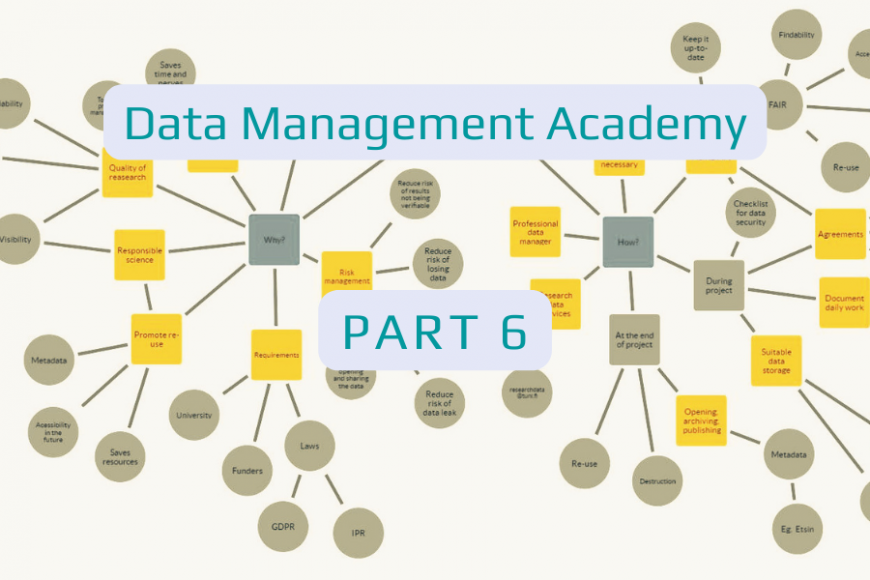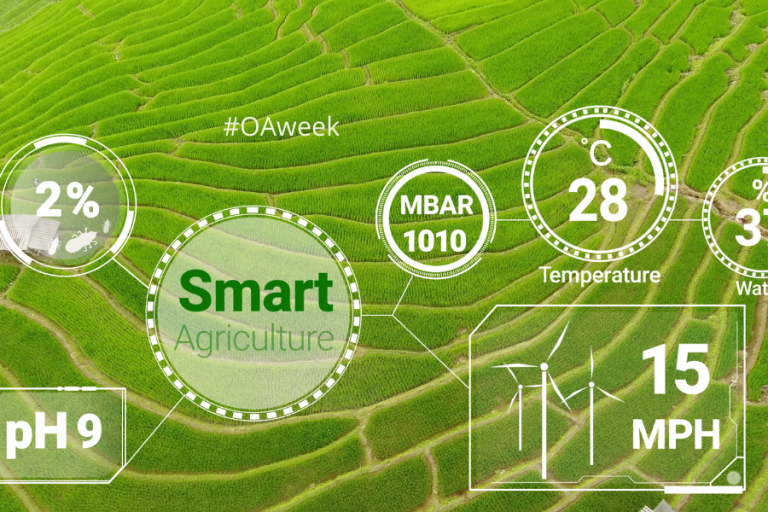According to the principles of open science, good data management aims at data sharing and reuse. As open as possible, as closed as necessary is a good rule to follow. When data sharing is being considered, it is good to remember that opening and sharing data is part of a responsible research requiring consideration. Anything cannot and should not be shared. Ethical and legal issues are often justified reasons not to open and share the data. Ethical and legal issues may include, for example, sensitive or confidential information, copyright issues, commercial interests and patents, or third-party data.
Where to start, then, when you’re planning to open the data? First consider whether it is possible to share all data or parts of it. Once the data suitable for publishing have been selected, the next thing is to choose the best publication channel.
Recommended channels are data archives, data journals and peer-reviewed scientific publications. When choosing, take into account the practices of your disciplines and funder’s requirements for data sharing. If there is a discipline-specific data archive used in your field, it is often best to choose that. It is even better if the archive is curated and certified. Such an archive is generally also committed to the FAIR principles and strives for making the data findable, accessible and reusable. Data can also be published in general repositories suitable for all disciplines and data types, such as Zenodo or Figshare.
Data journals that typically focus on data collection methods or descriptions of data quality, are equally suitable publication channels. Data can also be published in a peer-reviewed scientific publication and many publishers require that the data underlying the article are published in a data archive or a repository. However, the articles behind the paywall do not necessarily meet the requirements of open science, so pay attention to the selection of the publication channel already at the planning stage of your data management.
After a careful ethical consideration, the result can sometimes be that the data cannot be opened in any part. The principles of open science can still be fulfilled by opening the descriptive metadata. It is always advisable to publish the metadata along with the actual data, as this makes the data findable and usable for all.
Instructions on how to write a data management plan can be found at DMPTuuli and you can ask more detailed advice at researchdata@tuni.fi. Instructions for data management can also be found in our guide.




